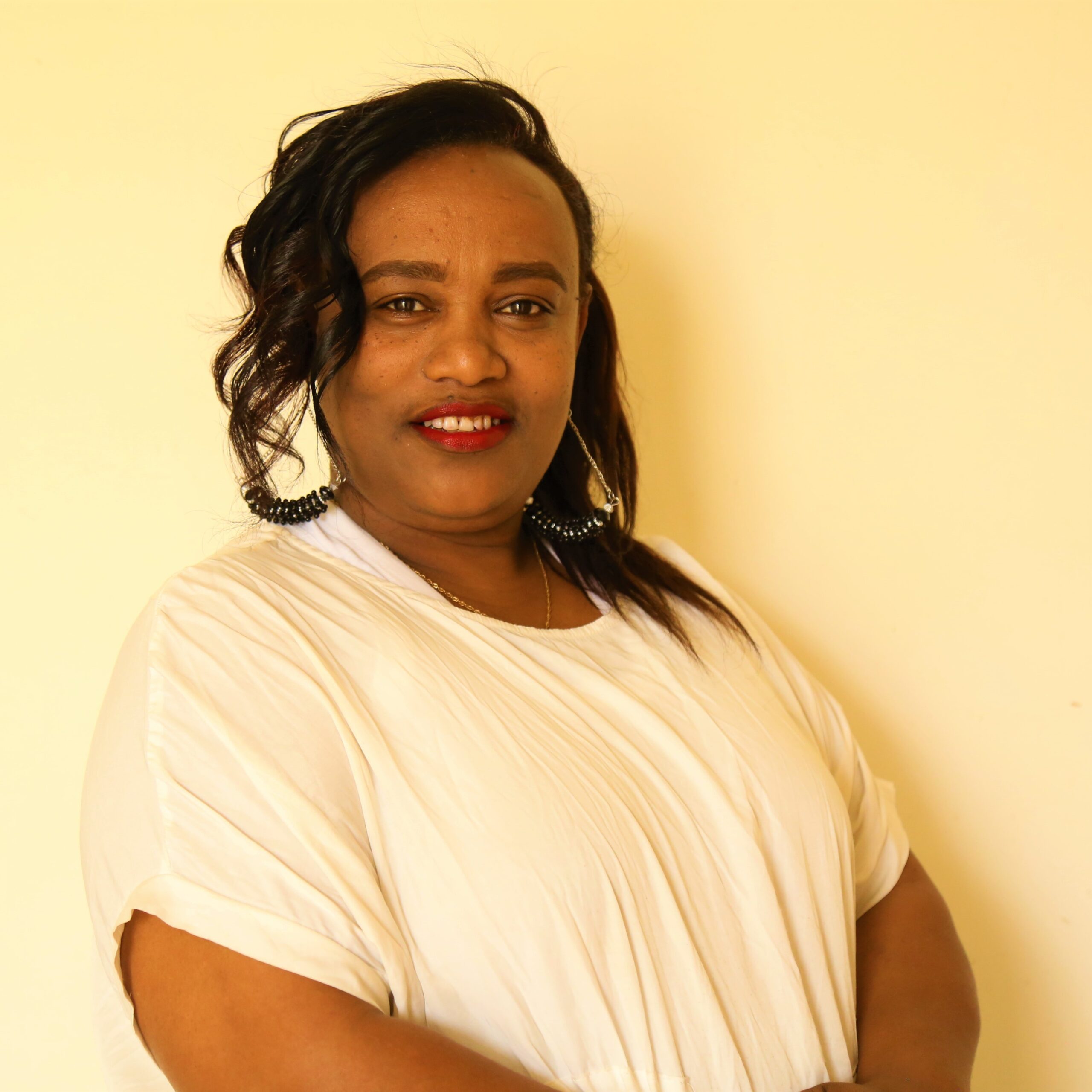Community Service and Technology Transfer Background
Injibara University is one of the public institutions of higher learning in Ethiopia. The University has the mandate bestowed upon it by law to conduct research, disseminate research outputs and innovations, and transfer the demanded technologies, provide consultancy and training services.
Accordingly, it is expected that most community service projects to be the results of prior research engagements of staff of the University. Ultimately, research should result in either intervention to solve community problems or innovation idea to be commercialized and disseminated to community (technology transfer project/community service project). Understood in this way, there is strong linkage between research, technology transfer and community service activities. However, ideas for the community service projects can be derived from variety of sources and it is not a must that a community service project should be preceded by research project by the same staff. Yet, the need for the community service project has to be justified by evidence from research findings of others, need assessment by the community service team or demand from the community or organizations.
Injibara University has been engaged in providing community services in various areas from 2018. Since then, the number of academic staff involved in community services is increasing. Consequently, the community services of the University are broadening from year to year thereby increasing the beneficiaries of the activities.
Community Service and Technology Transfer Directorate has developed the five year Outreach Strategic Plan and Guideline to enable the community service and Technology Transfer activities as per the need of the wider community.
Major Responsibilities of CS-TT Directorate:
- Identifying the needs and problems in the community by engaging the community;
- Providing community services on various areas based on requests from the community;
- Identifying type of technologies that the community demands.
- Introducing and demonstrating new technologies for the nearby community.
List of main activities performed so far:
- Immense contributions have been made to the local community and institutions by providing capacity building trainings on various themes;
- Community-Based Breeding Program (CBBP) has been established in collaboration with the International Center for Agricultural Research in the Dry Areas (ICARDA) (https://www.icarda.org/), in order to conserve and improve the declining number of the Washera/Dangile sheep breed in Fagita Lekoma district;
- Different agricultural technologies were introduced for the community. For example: watermelon, yam adaptation and vertical farming demonstration by preparing field days;
- Free services were given like the health services, legal Services, STEM - summer outreach and weekend programs;
- Efforts have been made on land restoration (e.g. Salaysh watershed project), and on preserving and protect the environment;
- Material and technical supports were provided to the local institutions including schools, hospitals, and relocated communities etc. The results are promising given the university's short history.

Melkam Abate (Assistant Professor)
Community Service Directorate Director
Mobile:+251913451792
Email: melkamabate@gmail.com
